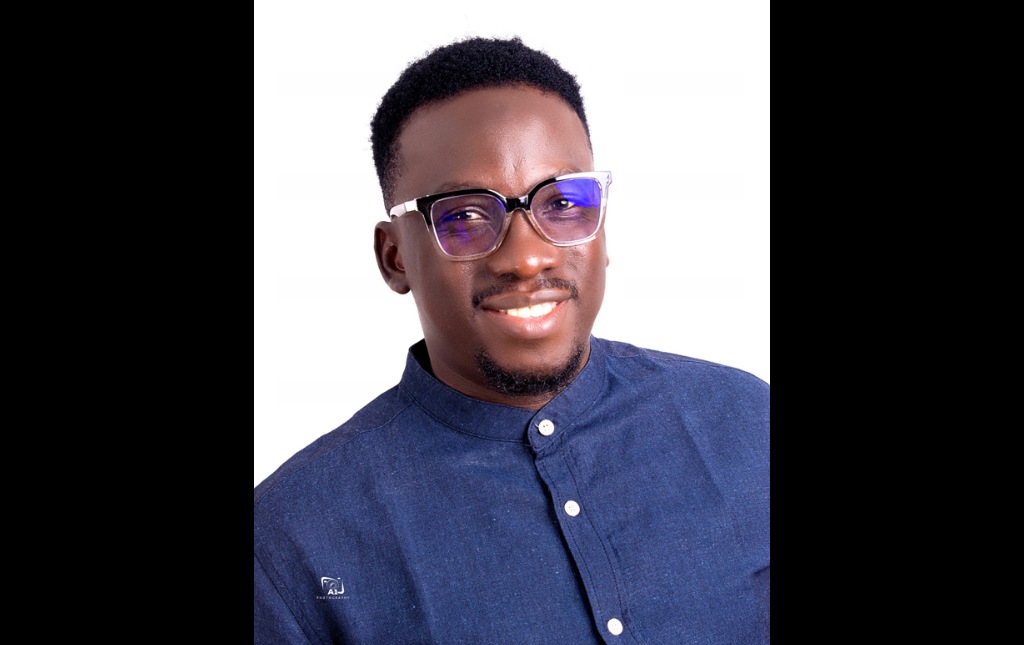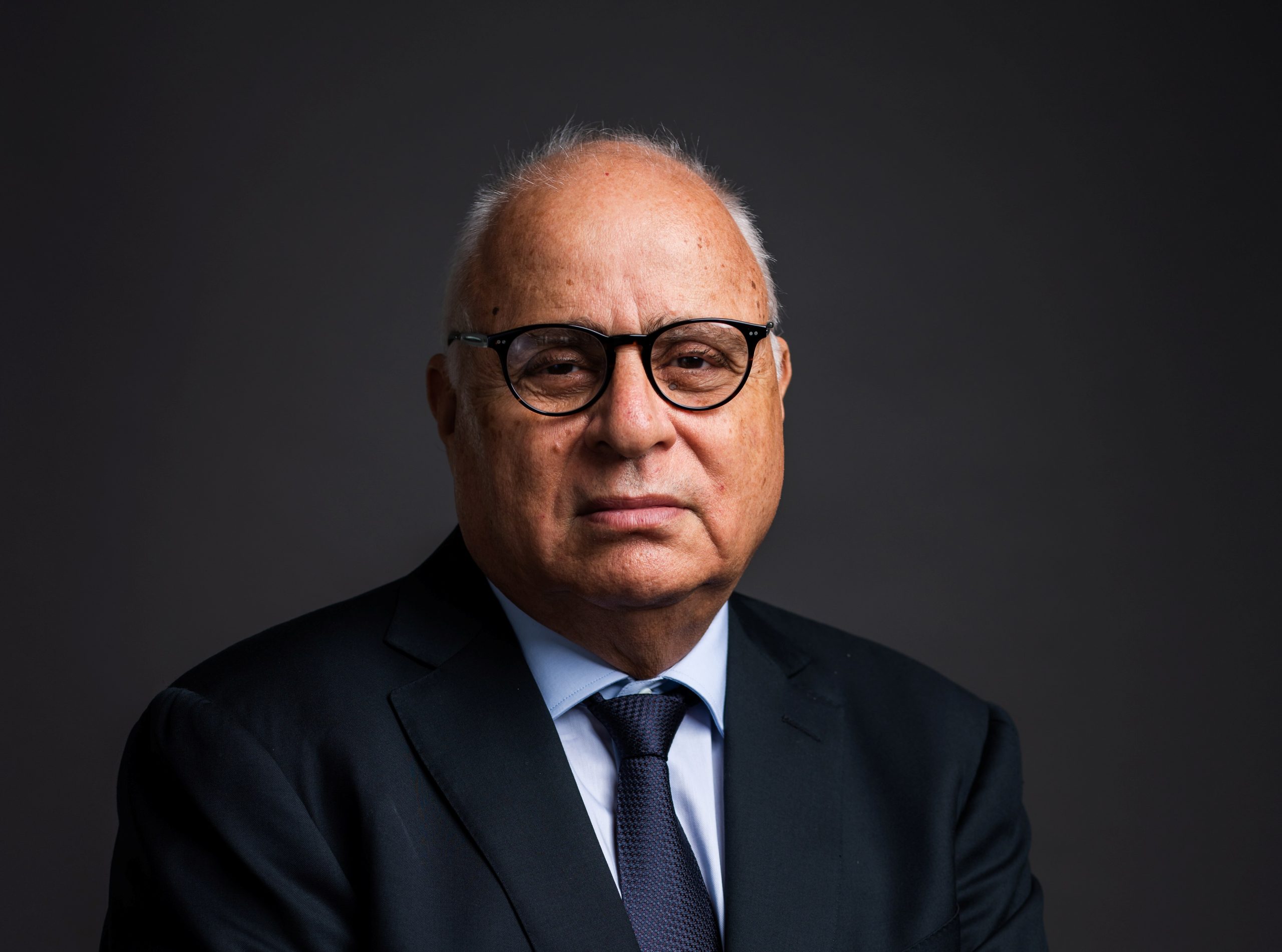In an era where data shapes policy and evidence directs action, Benjamin Sisima Ofuru has emerged as a powerful force in using both traditional statistics and modern data science to drive national development and global conversations. His journey is not just one of professional milestones; it is a story of vision, resilience, and an unrelenting commitment to truth and transformation.
Benjamin’s path began not with computers or algorithms, but with an earnest curiosity about how societies work and how numbers can tell the deeper stories hidden beneath surface realities. Over the years, that curiosity matured into a purposeful career that blended academic rigour with public impact and positioned him at the nexus of research, innovation, and national policy. As both a statistician and a data scientist, he has worked at the intersection of data and decision-making, providing tools and insights that have directly influenced how institutions respond to real-world challenges.
His contributions span critical national sectors. From investigating how financial literacy and demographics influence Nigerians’ saving behaviour to decoding the asymmetric relationship between exchange rate movements and inflation, Benjamin has consistently tackled the urgent questions shaping economic and social policy. When mobile number portability emerged as a key regulatory concern in the telecom industry, his work in forecasting customer behaviour and satisfaction offered actionable intelligence that informed corporate strategy and consumer protection efforts.
Beyond his technical contributions, Benjamin’s leadership has echoed across the continent. In 2024, he played a central role in coordinating African Statistics Day and the National Consultative Committee on Statistics (NCCS) in 2023, two major platforms that convened stakeholders across African governments and institutions. These events were more than ceremonial gatherings; they were moments of strategic reflection, agenda-setting, and regional collaboration. Under Benjamin’s coordination, they became milestones in reinforcing Africa’s commitment to using data for sustainable development and accountable governance.
What distinguishes Benjamin’s career is his ability to move fluidly between the structured world of statistical methods and the evolving landscape of data science. He is equally comfortable building predictive models using R or Python as he is interpreting socioeconomic survey data with traditional statistical tools. This versatility has made him a bridge between past and future, someone who honours the discipline’s foundations while embracing the innovation needed for tomorrow’s challenges.
His global recognition has grown in parallel with his work. As a peer reviewer for international journals, Benjamin has helped uphold academic standards. As a judge for prestigious awards like the Stevie and Globee Awards, he has evaluated technological, business, and leadership innovations across continents. These roles are more than accolades; they are reflections of the trust placed in his judgment, insight, and professional integrity.
Yet, Benjamin remains grounded in service. He sees data not as a detached abstraction but as a means to improve lives, whether by helping policymakers understand public health patterns or by training young analysts to find meaning in raw information. His professional affiliations span national and international communities, but his focus remains human-centred: how to turn complexity into clarity, and how to make decisions that are just, inclusive, and forward-looking.
A lesser-known but equally significant aspect of Benjamin’s contribution is his volunteer role as an instructor with the University of the People (UoPeople), an accredited U.S.-based online university that provides tuition-free higher education to students worldwide. In this capacity, he teaches courses in Statistics and Economics, guiding learners from diverse backgrounds—many of whom come from underserved regions with limited access to quality education. By sharing his expertise at a global level, Benjamin is not only shaping the next generation of economists and statisticians but also extending his impact beyond Nigeria and Africa. This volunteer work reflects his belief that knowledge should not be a privilege but a tool for empowerment accessible to all.
His teaching role at UoPeople has allowed him to merge academic rigour with mentorship, inspiring students to see how data can be used to solve pressing societal problems. This contribution underscores his broader philosophy: that the true value of expertise lies in its ability to be shared, multiplied, and transformed into collective progress. It also highlights his global outlook—mentoring students in different time zones and cultural contexts while maintaining his leadership role at the National Bureau of Statistics in Nigeria. Such dual engagement places him in a unique category of professionals who not only produce knowledge but also democratise it on a global scale.
Today, as countries grapple with artificial intelligence, economic resilience, and environmental uncertainty, the work of professionals like Benjamin Sisima Ofuru has never been more vital. His contributions sit at the core of national interest, where evidence, equity, and innovation meet. He is not simply interpreting data; he is helping shape the future it points toward.
His story continues, rooted in Africa, connected to the world, and always driven by the belief that behind every statistic is a life, a voice, and a future worth listening to.






